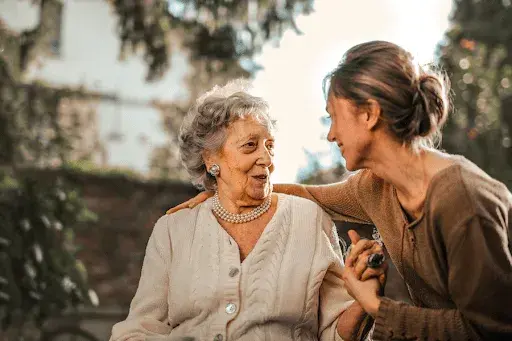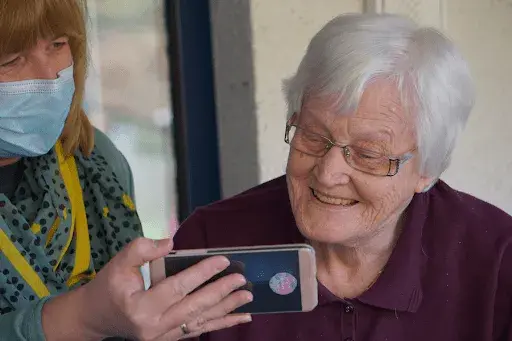When one first found out that a loved one is diagnosed with dementia, it can be an overwhelming/daunting experience, to say the least.
You see, dementia is more than just memory loss - it is a type of illness that cannot be cured, and is complex in the sense that patients will lose their cognitive functions eventually.
That is, they will gradually lose the ability to reason, think and communicate. (To look out for signs of dementia, here are some tips.)
Nonetheless, there is no time for you to dwell in misery, at least not for too long. You, as a family member of a loved one with dementia, have just become their biggest pillar of support and amongst all things, making sure that they stay safe and healthy at home is now your top priority.
On this, we think we can split the topic into two - (A) how to keep them safe; and (B) how to keep them healthy at home.


Keeping Seniors with Dementia Safe At Home
-
Scan Your Home for Safety
- Getting rid of unused items and extra furniture
- Removing throw rugs and hazardous items
- Install an automatic shut-off switch on the stove
- Make sure smoke and carbon monoxide detectors are installed in or near the kitchen and all bedrooms.
-
Bath, Dressing and Grooming
-
Stay Connected with Technology
-
Identify People You Can Trust for Help

Keeping Seniors with Dementia Healthy
Once you have taken care of the safety part, it is time to think about how to keep them healthy. Not just physically, but mentally and emotionally too. It is already not an easy task for us as family members to accept this illness, imagine just how much harder and scarier it is for our loved ones when they are first diagnosed with dementia. So keeping them healthy doesn't mean just ensuring that they are well fed. Of course, making sure that they are well nourished with regular and healthy meals is top priority, but we have to be aware of their mental and emotional state as well and be ready to take prompt action when any anomalies are observed.-
Stay Calm, and Listen

-
Find Ways to Keep Their Hands Busy
-
Research for Options for In-Home Care
Also Read: Difference Between Dementia And Alzheimer's

Reviewed by







